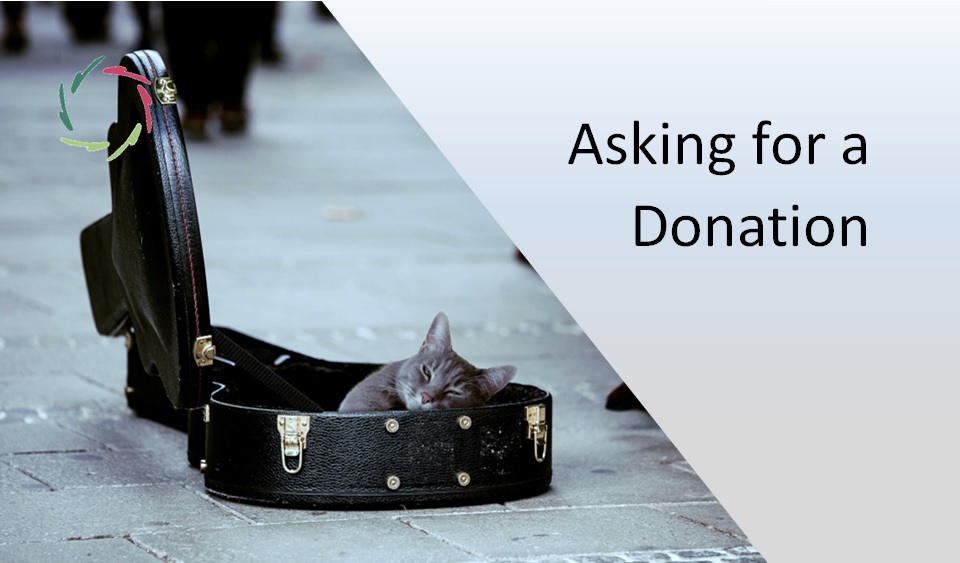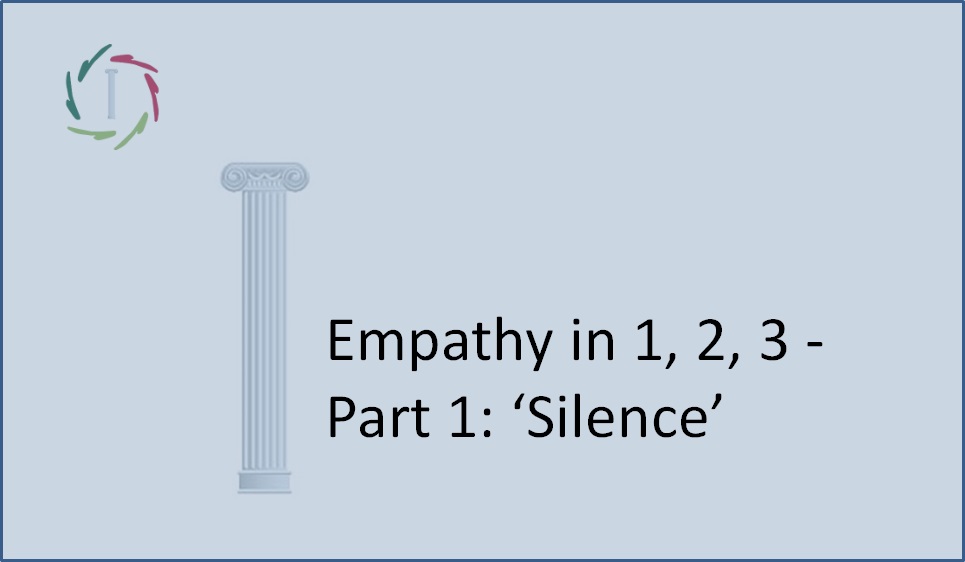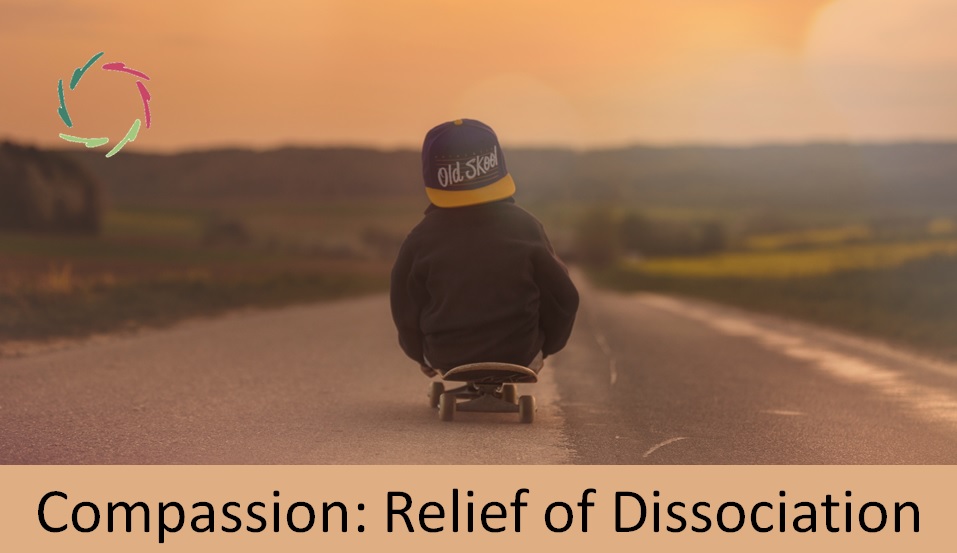Asking for a Donation

Philanthropy is about so much more than a financial transaction. It is an occasion for letting humaneness flow and flourish. This may reflect in how a fundraiser asks for a donation.
Please read In-Depth Philanthropy.
The intellect and the heart
One may rationally conclude that the best giving is maximally based on rationality. Many people in need depend on it, essentially or even existentially. This shouldn’t be so on this planet of abundance but nevertheless.
At heart, however, the human being is more than ‘only’ rational. Philanthropists – and fundraisers – are no exceptions. So, even or precisely here, one should reckon with the total person — including the heart. Fortunately, rationality and human depth can be best friends and the basis for a way of life. For donors, it’s OK to feel the warmth of giving. This may help to keep doing so. Moreover, it may encourage one to strive for rationality in giving.
The ‘total person’ also makes the main difference between surface-level empathy – or even emotional contagion – and Compassion, basically.
By asking well, one can make the (potential) giver into a more Compassionate person.
This is for you, as a fundraiser, your gift to the giver ― thus, your responsibility. The ideal aim is for the giver to do well by doing good so he can do even better ― then for the fundraiser to let him do so and realize his philanthropic ambitions. Of course, good governance is crucial toward this in any philanthropic organization, and should be put forward as much as possible.
Meanwhile, as an increasingly Compassionate person, the phil-anthropist can heighten his insight into what the term means: to be a ‘lover/friend of humanity’ ― including himself. This is about personal growth. Making a donation is an excellent occasion. Money conversations should be value conversations.
This also means the perceived power imbalance is ‘in the head.’ If you get it out, there will be more wholehearted giving. A fundraiser can work on this by clarifying his related perception. On the average, if you think balance, you get balance.
No fake relationships
Fake friendships between fundraisers and philanthropists for the sake of good money are downright pitiful. They are manipulative and mainly backfire. Part of the problem is that one doesn’t know what is being missed. One may get something (visibly) and lose much (invisibly).
If, as a fundraiser, you feel under pressure, it’s best to just be open about it to your organization and to the philanthropist. The latter probably feels your pressure anyway. Most crucially, don’t let any philanthropist treat you like crap. Therefore, don’t treat him like a living purse.
Being genuinely interested in each other – and showing so – builds the best and most durable relationships where the philanthropist feels accepted as part of a worthwhile solution. This should be the main aim also for the sake of the good cause. It demands deep trust, genuine respect, and authentic transparency. Above all, it requires Deep Listening to the true values of all involved parties to find out where they accord and where durable engagement can be fostered.
Please work on this, dear fundraiser, since it doesn’t come spontaneously as you might think! If you put in the right effort, you may feel blessed for many relationships in which both sides eventually have the same goal: doing good, changing the world for the better. You may see it this way from a to z.
On the other hand, forget guilt.
Having much money may let one feel responsible for making good use of it. This feeling of responsibility is by itself a giver’s distinct responsibility. Contrary to this, the feeling of guilt diminishes responsibility. Eventually, it may lead to giving less, or less discriminately.
Therefore, it is never a good idea for a fundraiser to appeal to feelings of guilt, let alone to heighten them.
Instead, show the difference
In asking, clearly show how the gift will make a difference in many people’s lives (or one, fundamentally) – also in the donor’s life: Will he have reasons to remember his good action? Will this aid his legacy in making the world a better place?
It’s nice to show and keep showing the results in a heartfelt way: This money has been turned into an instrument for the good.
Eventually, there is no need to ask for money.
Instead, there is an asking to become embedded in a philanthropist ecosystem. If done well, the fundraiser is also a part of this ecosystem.
Those in need are also part of this ecosystem. Of course, that doesn’t make them less needy. On top of that, they are human beings just as well, of course, and worthy to be part of the ecosystem. Depending on how the river flows, they can become givers themselves in due time and opportunity ― remembering the Compassion from their own times of need.
This way, asking for donations is respecting total persons while agreeing upon what are worthy causes.
There are many ― of course, AureLisa being one of them.


